Critical Essays Archive
The Banality of Evil in The Turn of the Screw

Henry James’s 1898 novella exists as a sort of literary question not unlike that posed by Hannah Arendt. Are the ghosts in this ghost story actually present, or are they just extensions of its governess’s disordered mind? Or—to put it another way—if evil is present in the narrative, where
Max Blecher’s Landscapes of Illness

Illness is not Blecher’s subject as much as it is the occasion that forces his protagonists into a world of previously unavailable experience—a world that makes it impossible for those who fall ill to ever be “cured” of the way of being, seeing, and thinking into which they have
The Ubiquitous Unhomeliness of the Diasporic Home

In rendering Homi Bhabha’s concept of the unhomely, or “the estranging sense of the relocation of the home and the world—the unhomeliness—that is the condition of extra-territorial and cross-cultural initiations,” through the sounds and daily events of a young girl’s life, Jhumpa Lahiri exposes a particular formation of unhomeliness
What Does Being a Japanese Writer Mean in a Globalizing World?
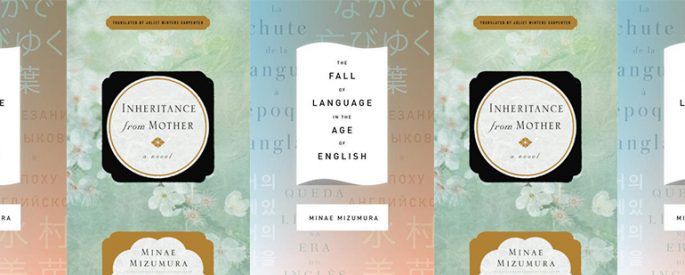
Mizumura Minae’s career has been focused on exploring this question in formally inventive ways that often incorporate her own cross-cultural autobiography. In the process, she has managed to transcend the specifics of her own personal story, creating a body of work with incisive things to say about the individual’s
Glimpsing Truth in the Impossible with Lynne Sharon Schwartz
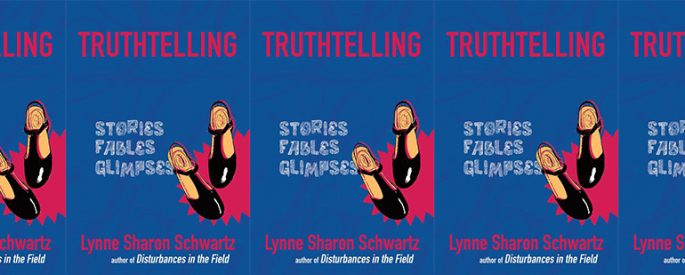
The stories in Schwartz’s new collection offer us an invitation to the unknown in ourselves and in the world. Turn to the impossible, they tell us, and explore it. We cannot help but do so since, after all, the impossible is going to show up if we’re ready or
Lorca in the Mirror
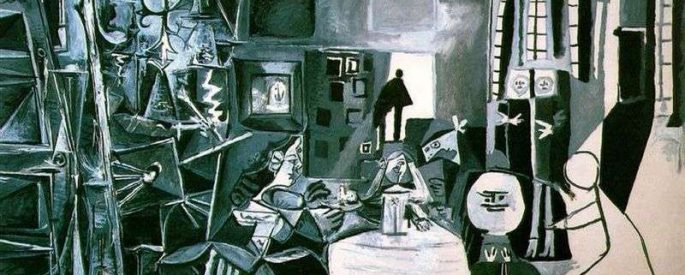
In Mirror Suite, Federico García Lorca explores questions of selfhood using the mirror as his guiding motif, asking how love manages to endure when other people’s interior lives seem so utterly inaccessible, and what it means for an imperfect person to be made in the image of God.
Possession and Loss in Gone to the Forest
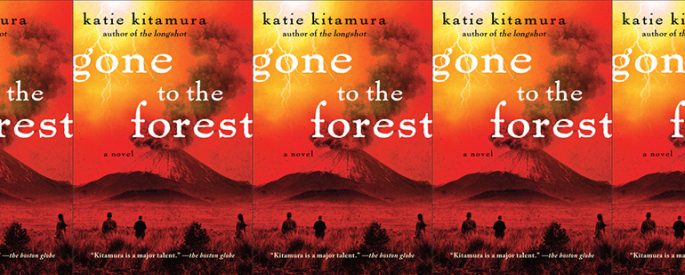
The fictional, nameless nation in Katie Kitamura’s 2012 novel is a country of men obsessed with possession. They care to possess land, money, women. What use these things might be to them is hardly of any interest. The main thing is to own them, to overpower them, and only
Carefully Chosen Words: Ruth Bader Ginsburg and Vladimir Nabokov
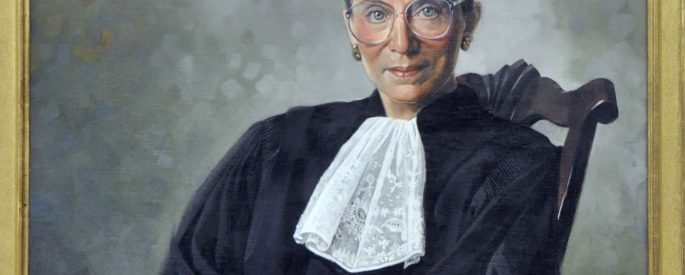
One of my favorite little known facts about Supreme Court Justice Ruth Bader Ginsburg is that she was a student in Vladimir Nabokov’s European Literature class at Cornell when she was an undergraduate in the 1950s. Nabokov’s influence is seen in many of Ginsburg’s writings.
The Myth of the Perfect Translation
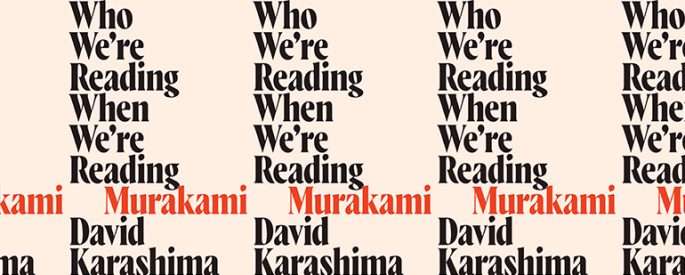
David Karashima’s new book lays bare the invisible structures that support the international career of someone like Murakami: the multiple translators, editors, and publicists that take his work and create it into the product that Western readers then consume.
Who Speaks For the Trees?

Poets, novelists, and artists of the Anthropocene are using their art to reveal the ties that bind us to that hazy concept of “nature,” and they often start with its most potent symbol, the tree—the embodiment of extreme strength and extreme vulnerability.